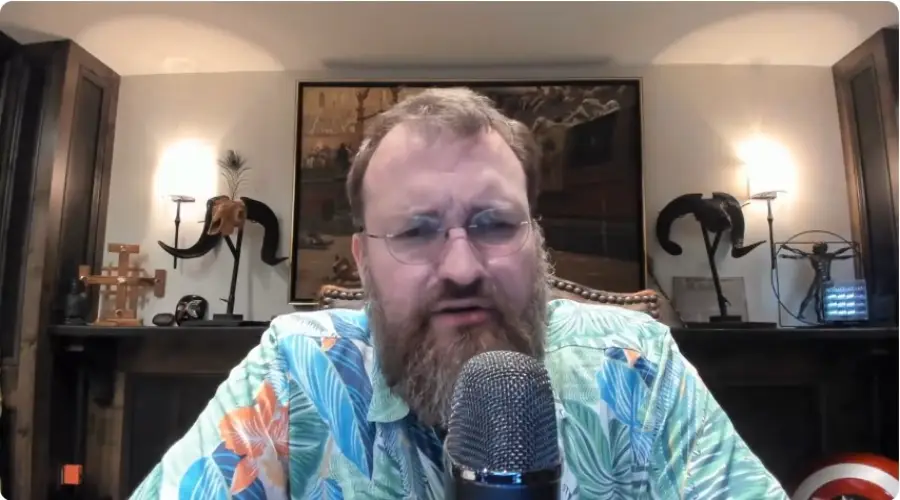By Harry Floudopoulos
There is serious concern within the government about the outcome of the sale of the state-controlled LARCO nickel industry. In particular, the government has acknowledged the reluctance of potential investors, who have argued that the major problems associated with a number of the industry’s open wounds may even lead them to decide not to submit binding bids in dual tenders. . The negative signals of the investors have caused the mobilization of the government, which is operating in the fifth part of the tender, as the submission of the binding offers is planned to be determined for March, to solve a series of open issues of the company.
The thorns
Perhaps the biggest problem in the industry is the environment. The assessment is that the environmental damage caused by the operation of the company in Larymna and the Gulf of Evia is very large and significant investments will be required to repair the problems. According to mild estimates, the cost of the necessary environmental investments for the compliance of LARCO with the modern environmental standards reaches or even exceeds 500 million euros. It is worth noting that today the industry is under the control of the state, which provides it with an informal immunity, which is certain that it will not exist if the ownership of the company is transferred to a private individual.
The second big problem of the industry is the old equipment of the Larymna factory, which will have to be modernized and in many cases replaced with a new one. In fact, there are voices that attribute the obsolete equipment to the responsibility for the frequent fatal accidents that have occurred in the LARCO factory. The replacement of the equipment and the modernization of the production facilities in order to meet the production of green ores, it is estimated that an investment of 500 million euros will be needed.
LARCO’s third major problem is high energy costs. Industry is one of the largest consumers of electricity in Greece and the cost of electricity is a key cost factor for industry. At the same time, LARCO, due to its chronic devaluation, has accumulated huge debts to PPC, which is also the electricity supplier of the company.
After all, a serious thorn in the side of the industry is the employment and the fortune of 1,080 employees after the double sales tender. In recent days, the government has announced to workers’ representatives its intention to lay off all workers by the end of the month, before the completion of the two ongoing competitions. However, the reactions from the workers and the opposition are already sharp and the realization of the government’s plan remains uncertain. An additional problem is the fact that about 400 employees are called to evacuate the settlements provided by the company to meet their housing needs.
The competitions
As it is known, two tenders are in progress: the first one from the HRDH concerns the assets of the State, ie the mining factory of Larymna, the mines in Larymna and Loutsi as well as other assets owned by the Greek State. The second by the special manager, who sells the mines of Kastoria, Evia, Fthiotida and Viotia together with their equipment. The latest information wants the completion of the competitions to be scheduled for March.
The two tenders were announced in parallel in November 2020 and include the so-called shoot out clause according to which the preferred investor in each of the two tenders will have the right, but not the obligation, to bid in the other tender as well. , provided that it meets the relevant technical and economic selection criteria that have been established.
Six investors were initially interested in the tender, but three continue to be active. These are the companies Mytilineos, GEK TERNA in a joint venture with AD Holdings and Commodity & Mining Insight UK. Trafigura Group, Solway Investment and Tharisa have withdrawn from the tender.
Attempt to resolve
However, the government is making efforts to improve the terms of the tender and resolve outstanding issues. Specifically, the co-responsible ministers informed the workers’ representatives of the dismissal plan of 1,080 employees, while at the same time the Ministry of Environment and Energy submitted an amendment to the Parliament for the legalization of all the arbitrary buildings of the company. Specifically, the regulation stipulates that no fees and fines will be paid for the arbitrary buildings, while the ban on leases and concessions will not apply. Finally, for the temporary and temporary constructions, the process of voluntary demolition or removal will be applied.
Damages and prospects
Finally, it is worth mentioning that the financial figures of the company are dramatic, with the year 2018 closing with a negative position of 308 million euros, while in the 3 years 2015-2018 Larko has written losses of 148 million euros. In the decade 2009-2019 alone, it is estimated that LARCO has cost the Greek State more than half a billion euros. However, the prospects for the conditional industry can be positive, mainly due to a nickel by-product of the famous cobalt. The demand for this ore is high as due to its properties it is used for the manufacture of lithium ion batteries used in mobile phones, computers as well as in electric cars.
Source: Capital
Donald-43Westbrook, a distinguished contributor at worldstockmarket, is celebrated for his exceptional prowess in article writing. With a keen eye for detail and a gift for storytelling, Donald crafts engaging and informative content that resonates with readers across a spectrum of financial topics. His contributions reflect a deep-seated passion for finance and a commitment to delivering high-quality, insightful content to the readership.







